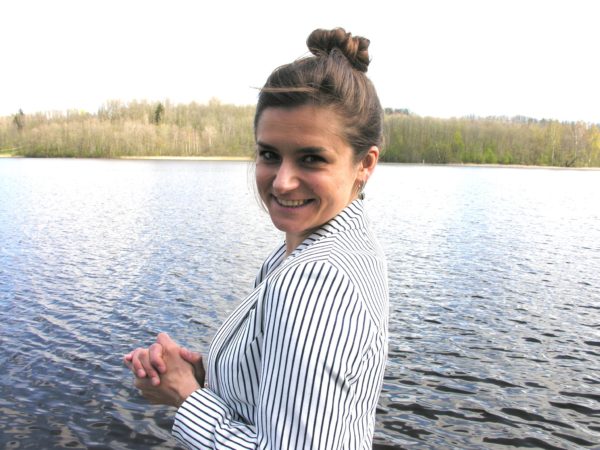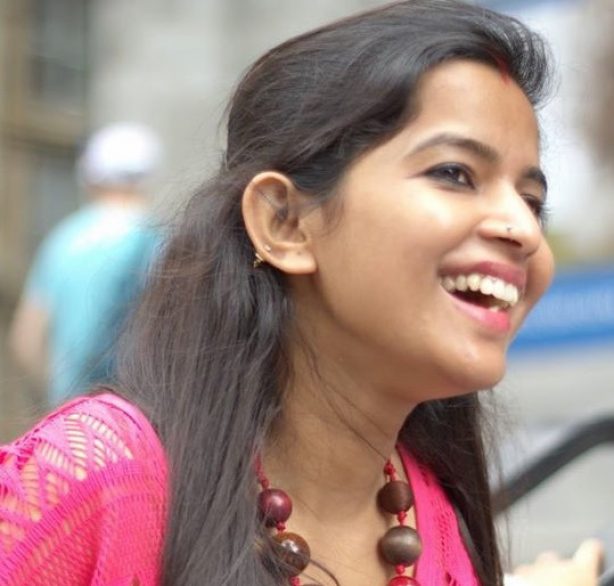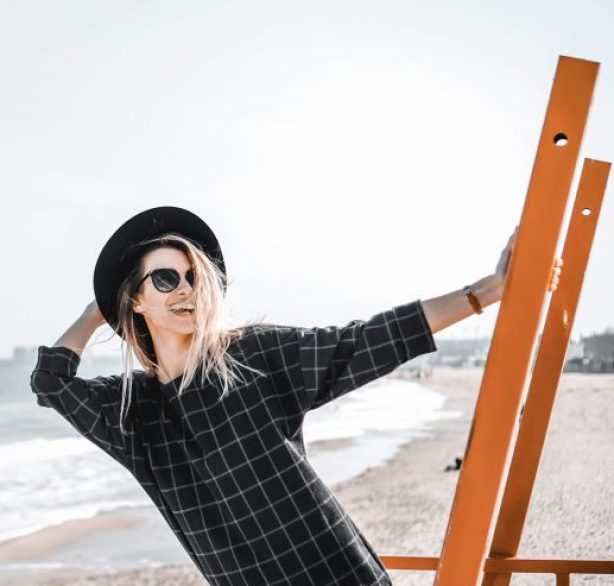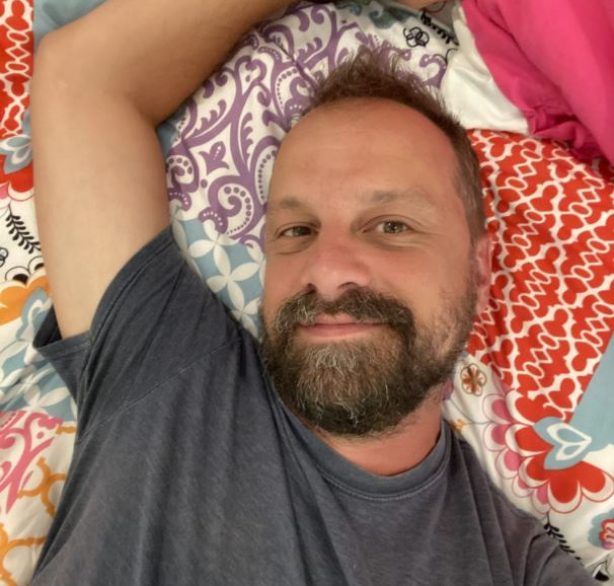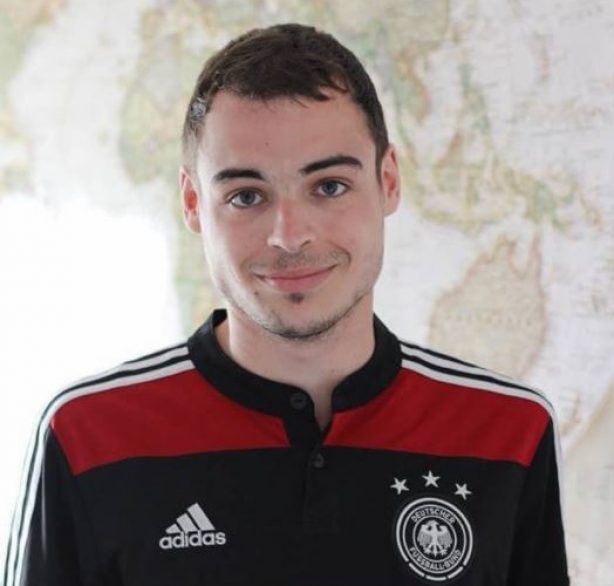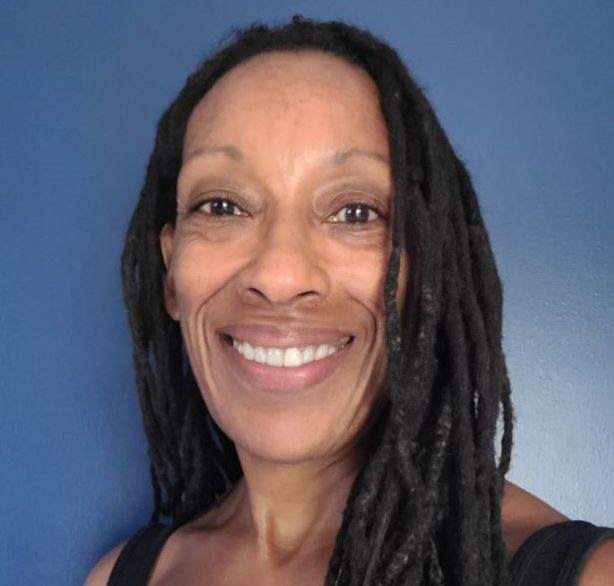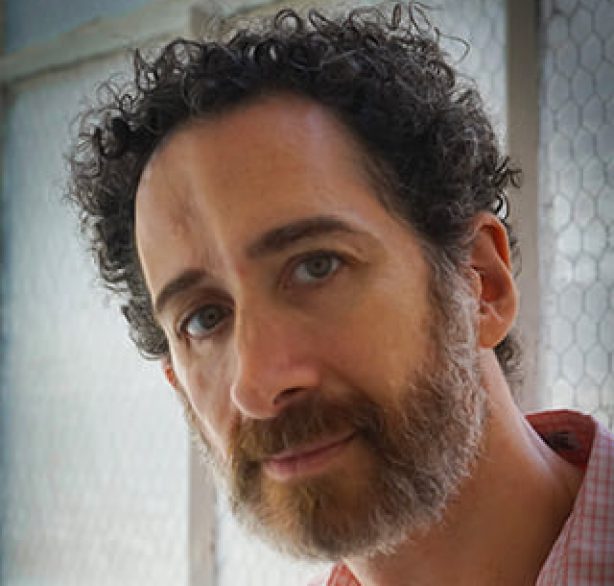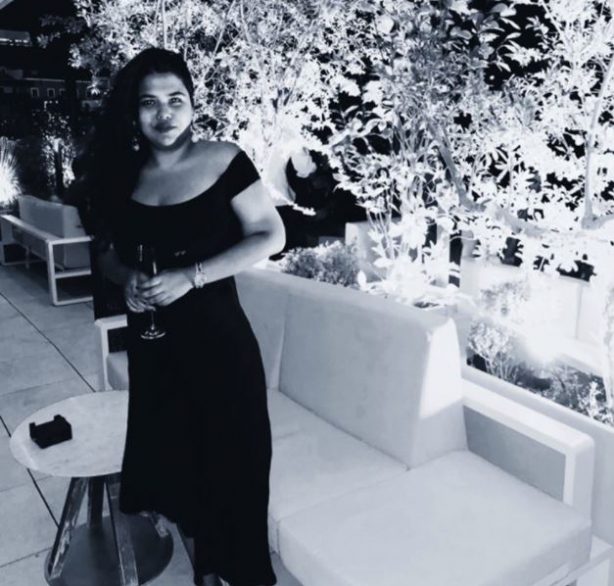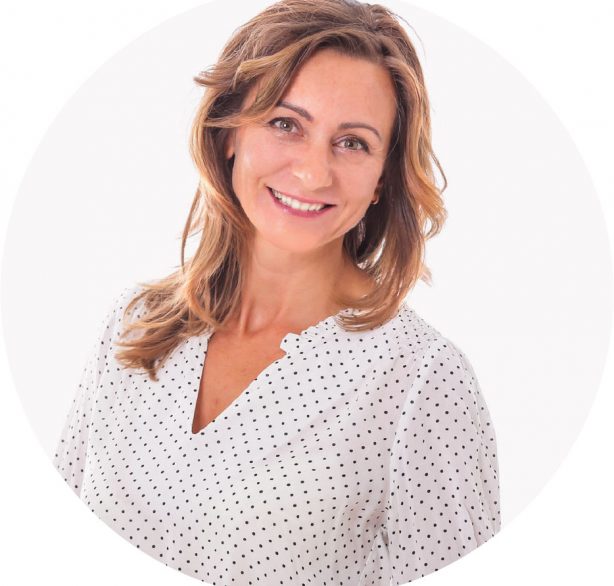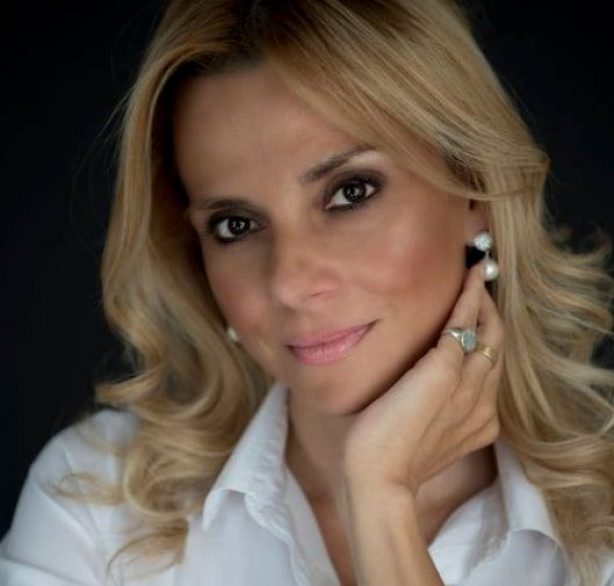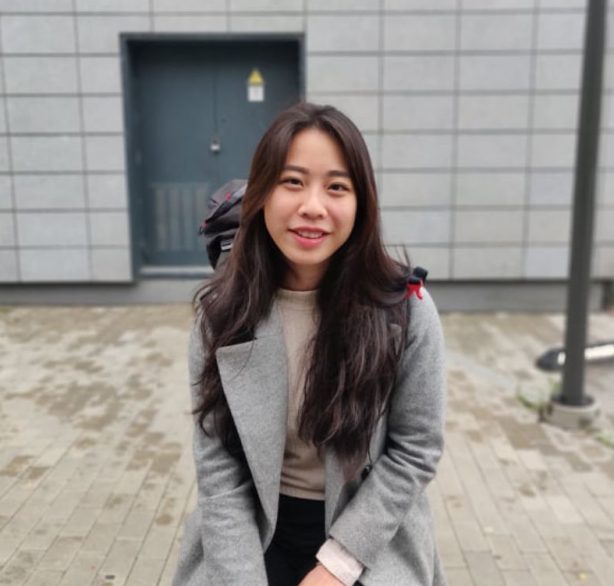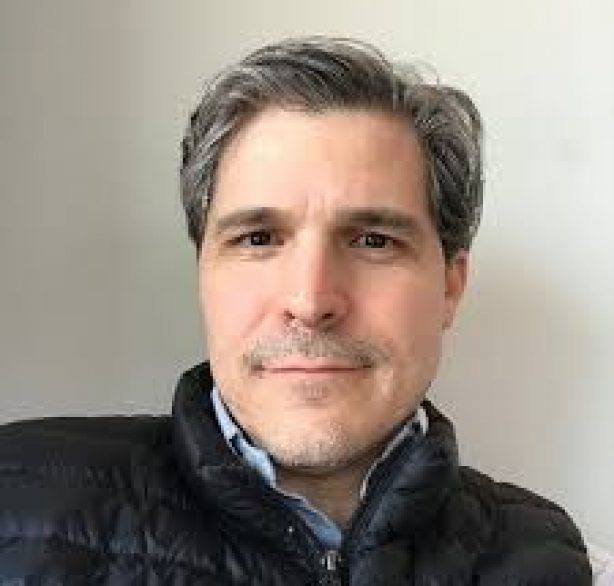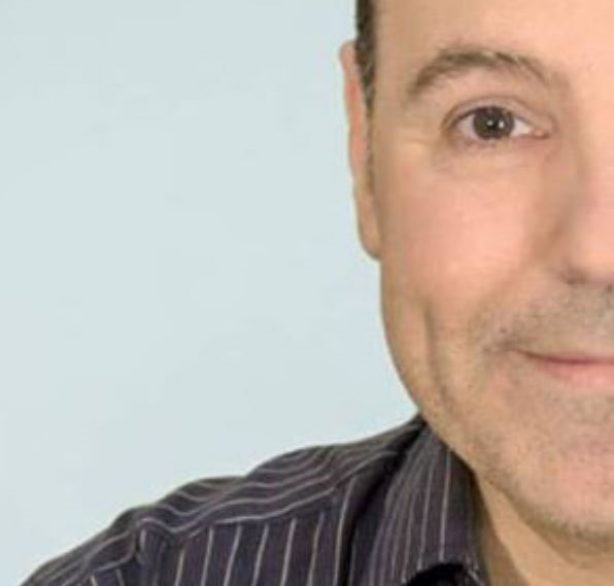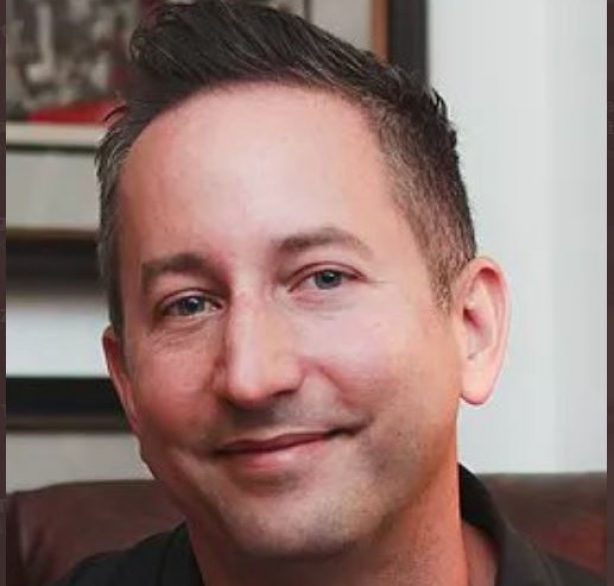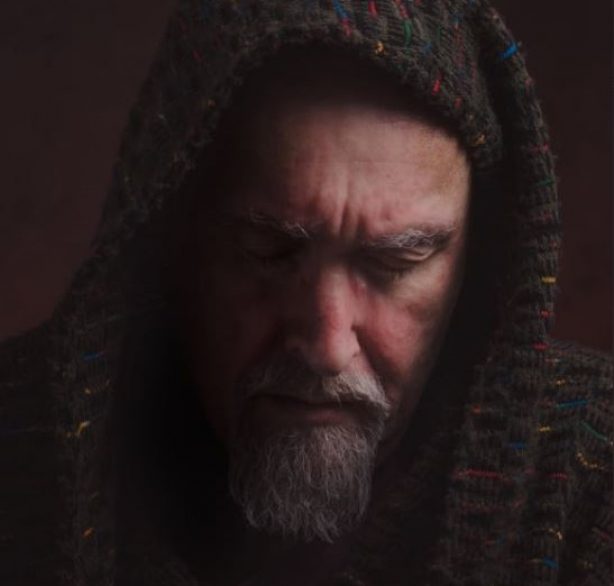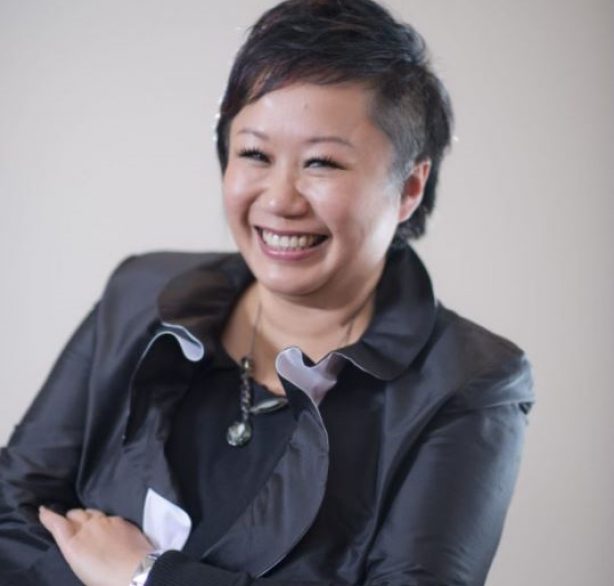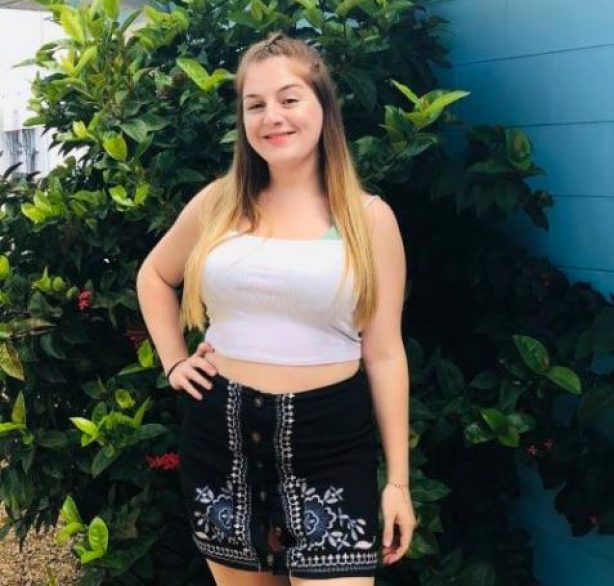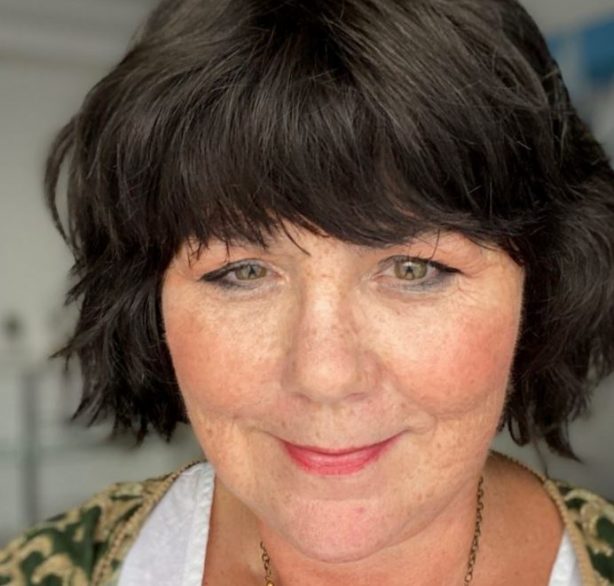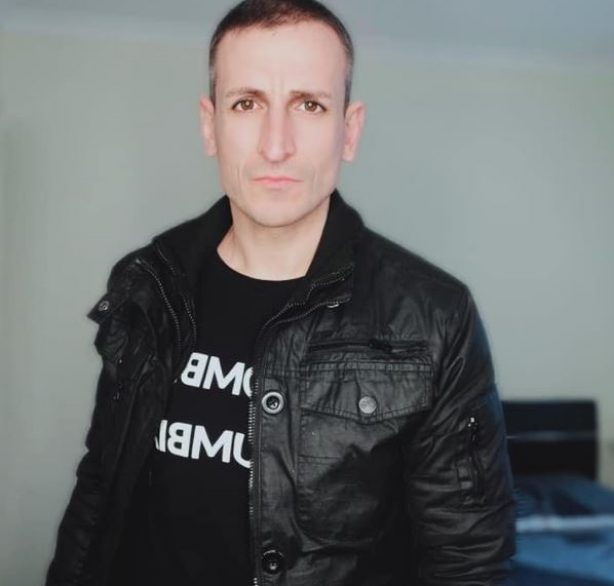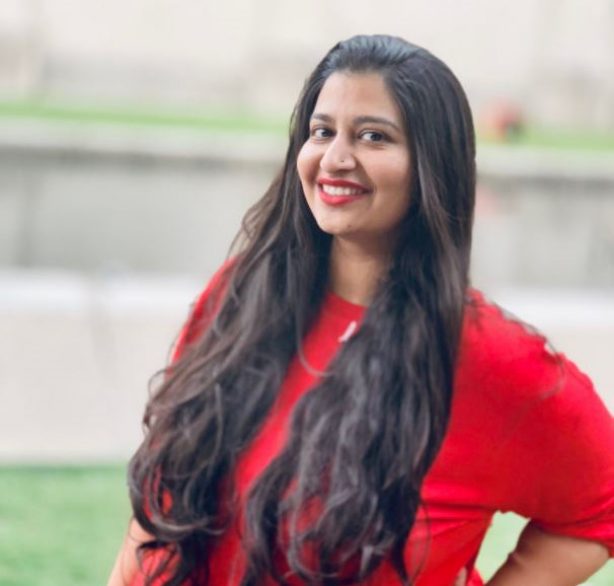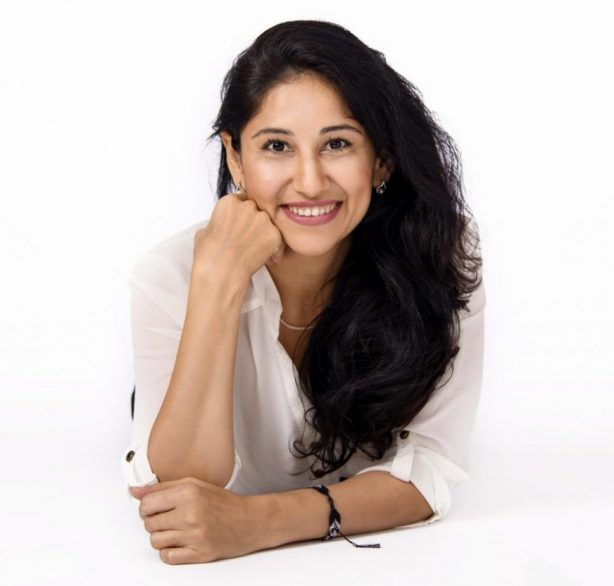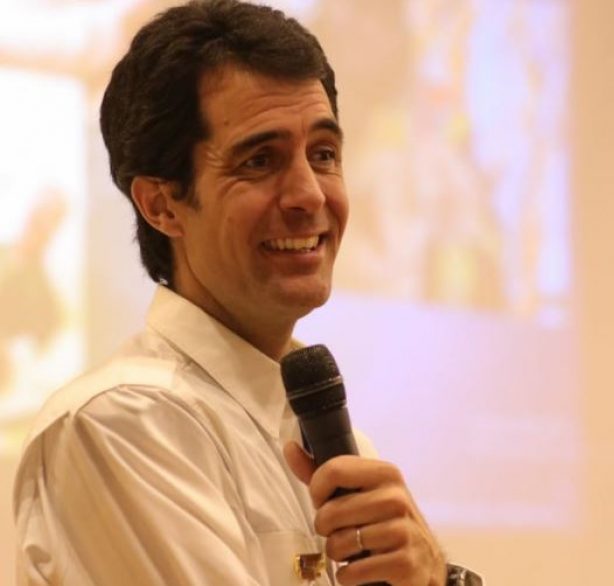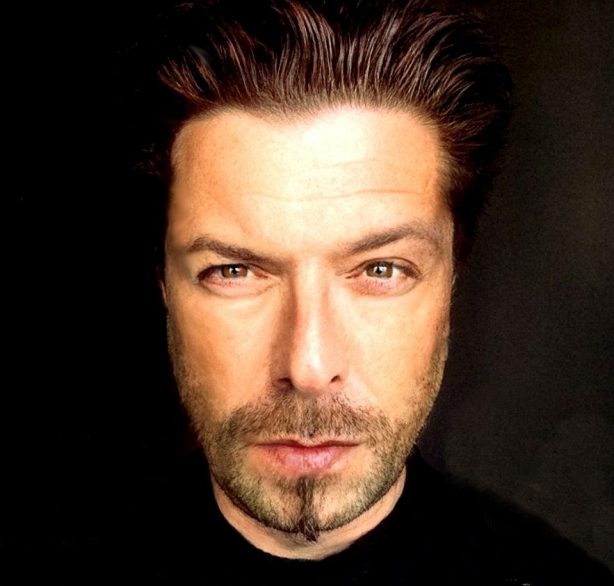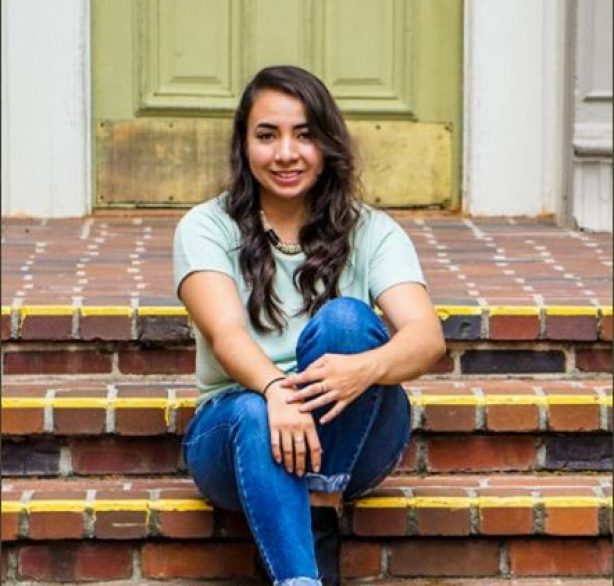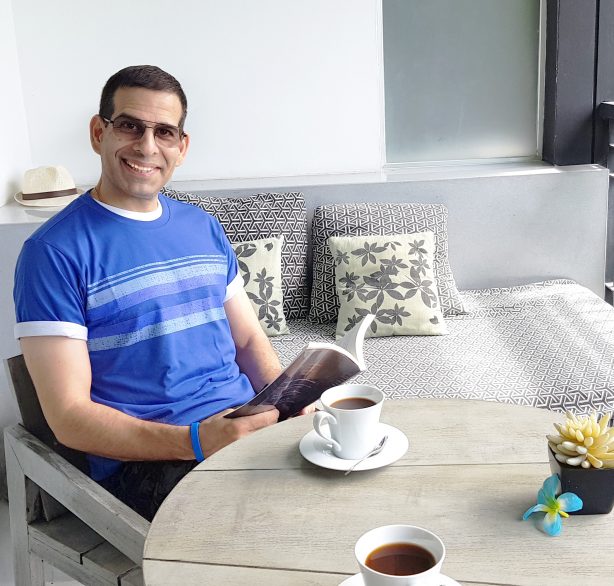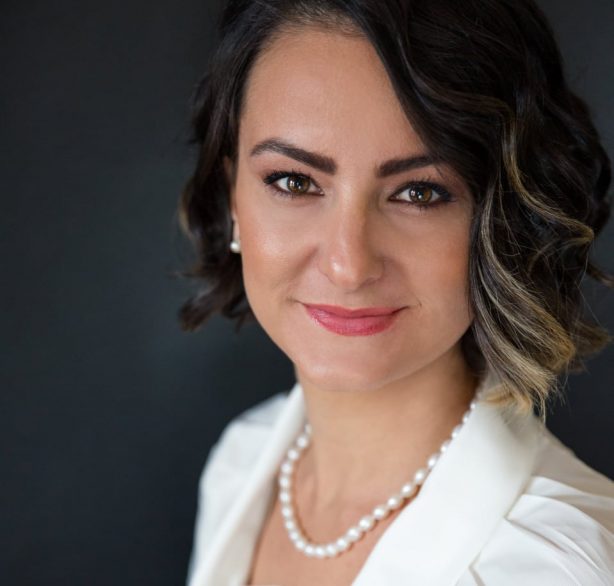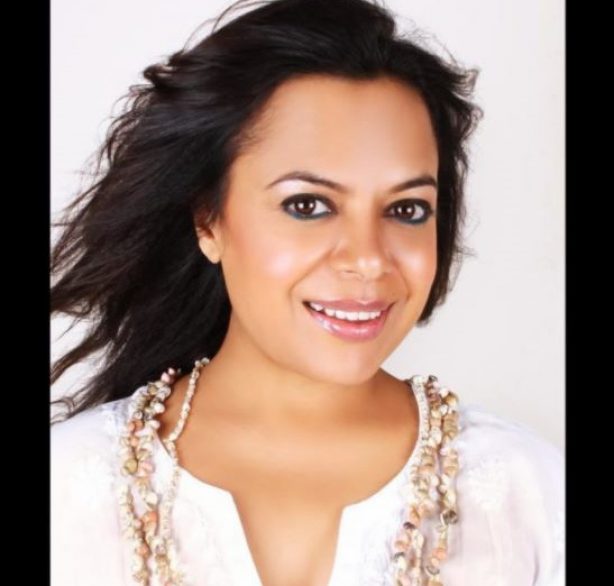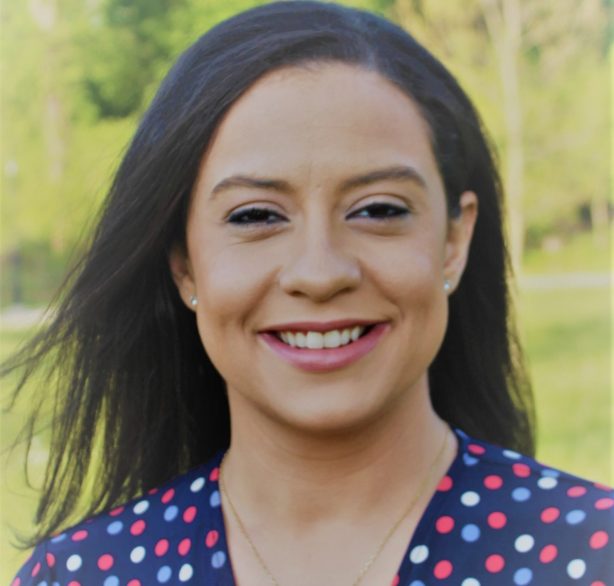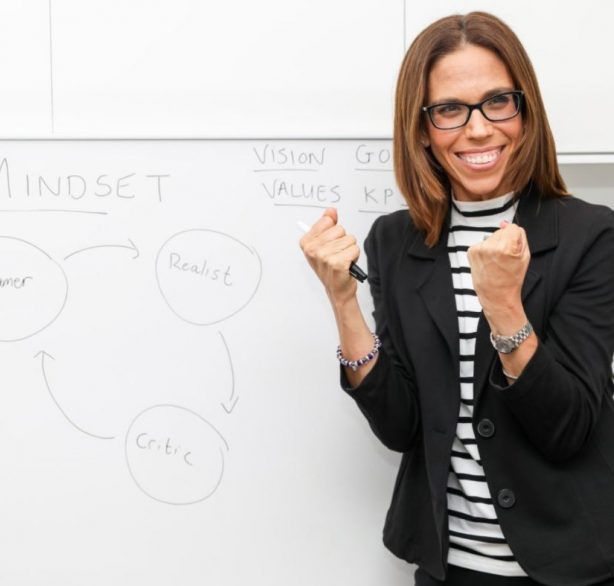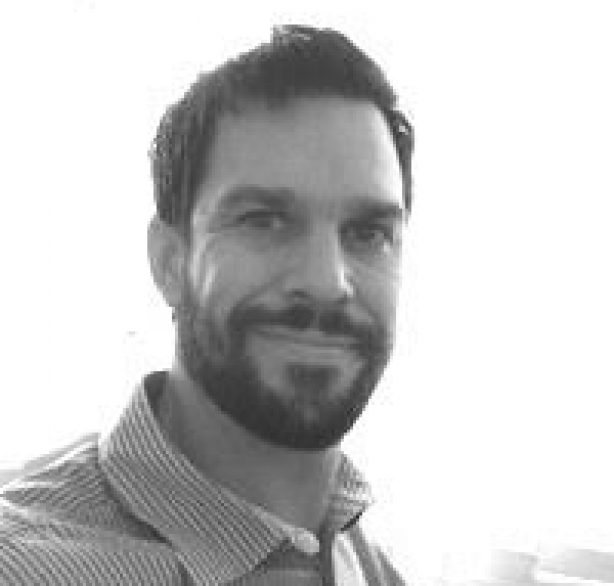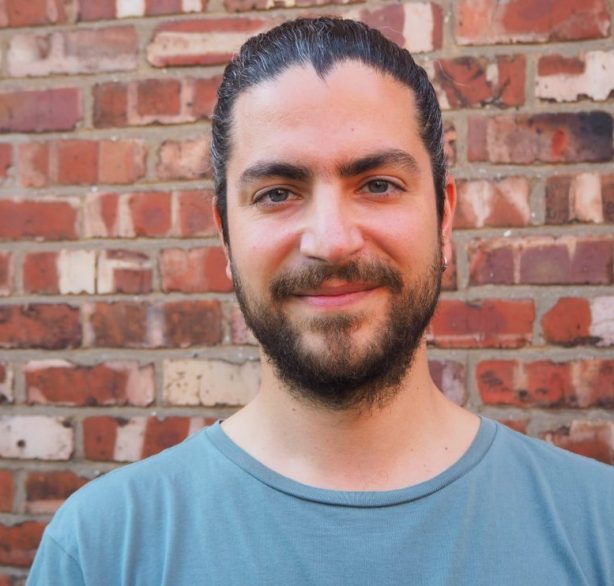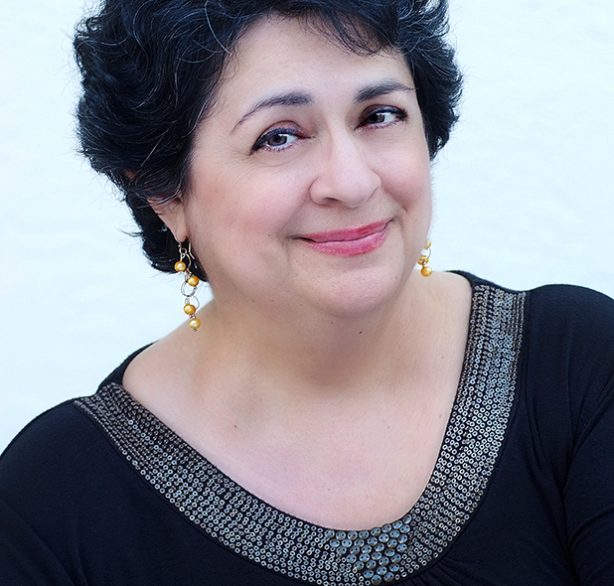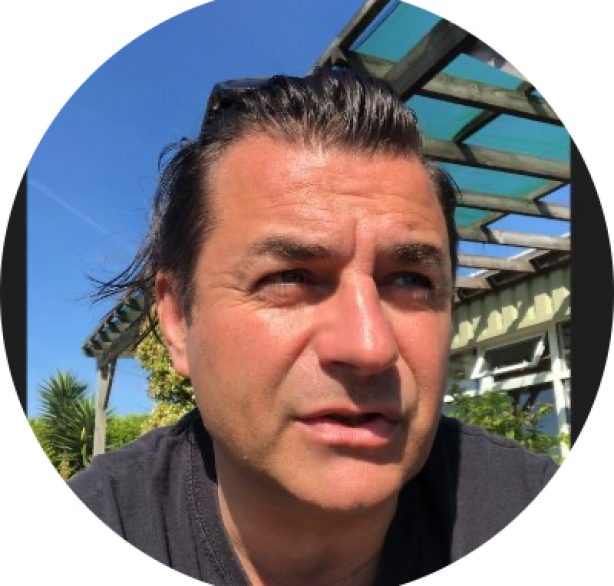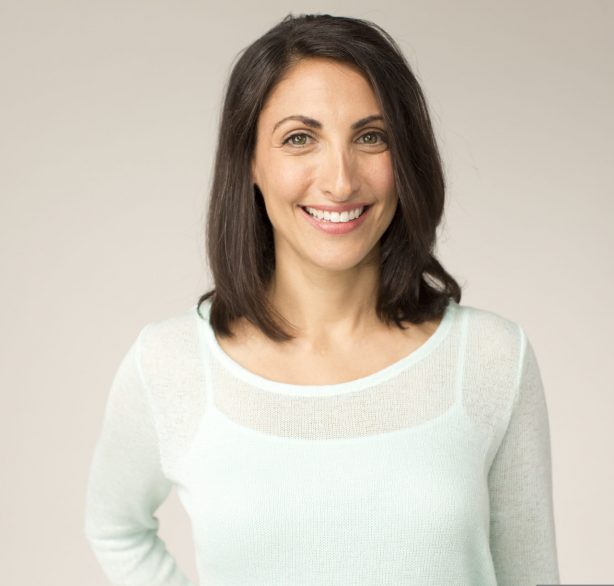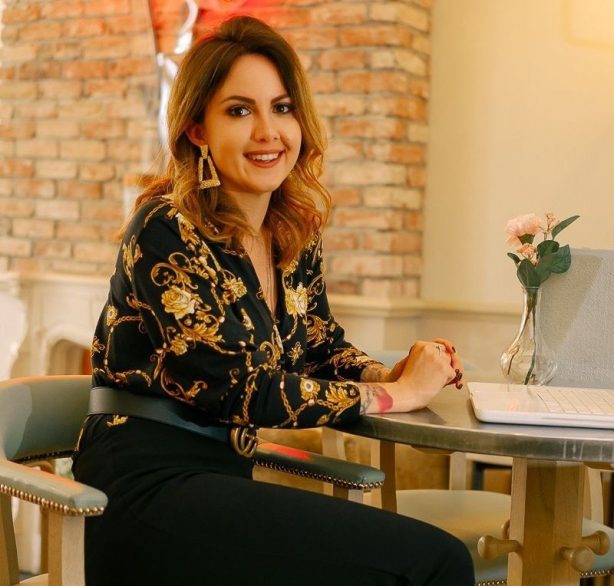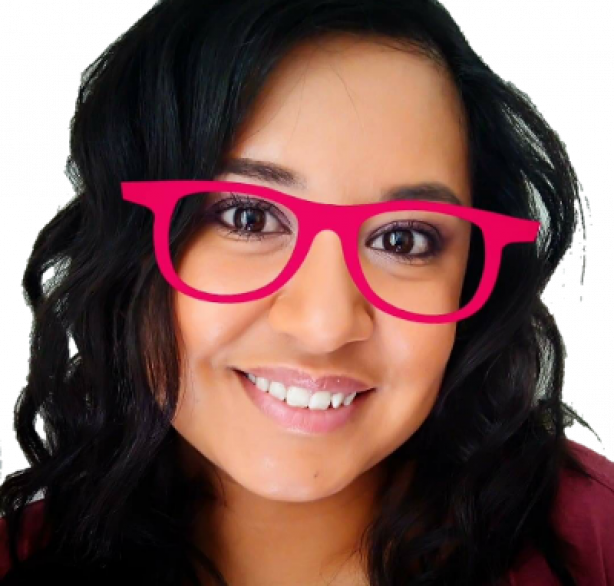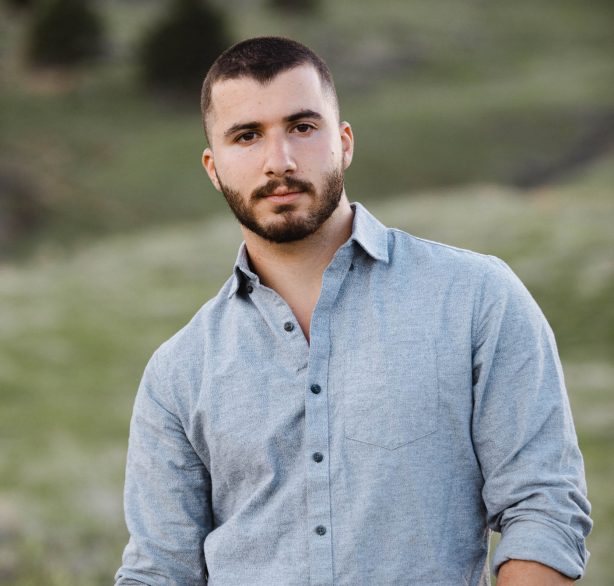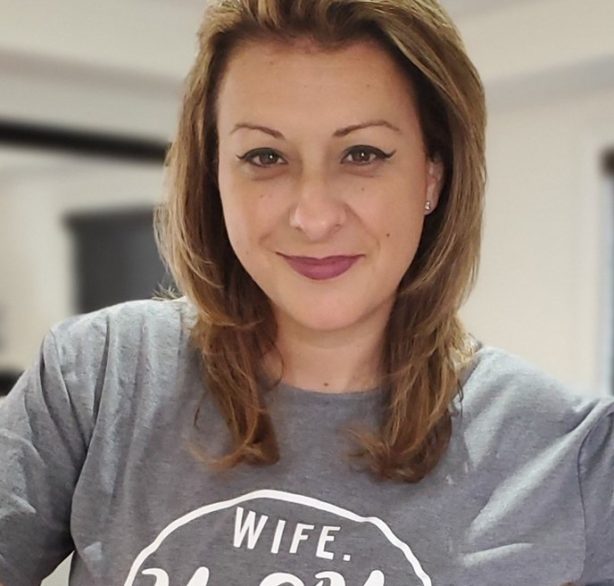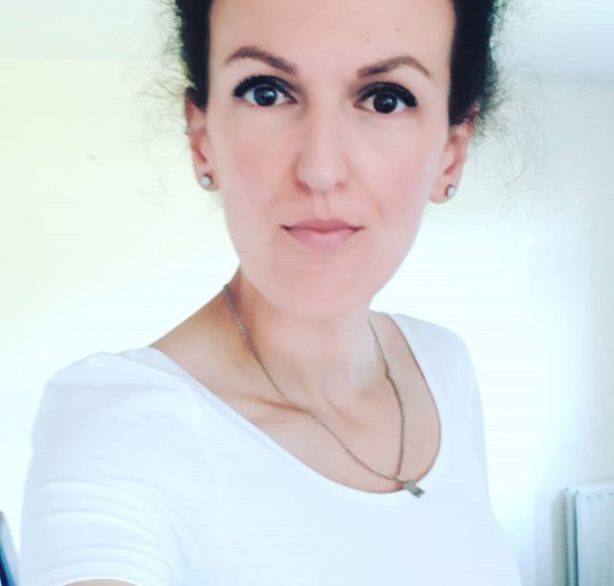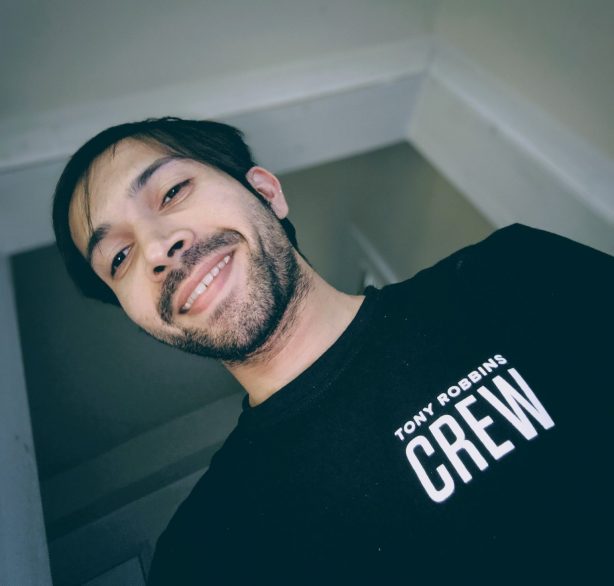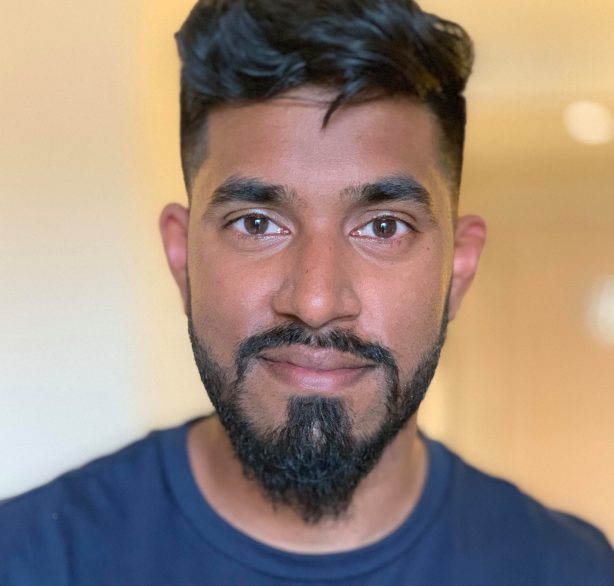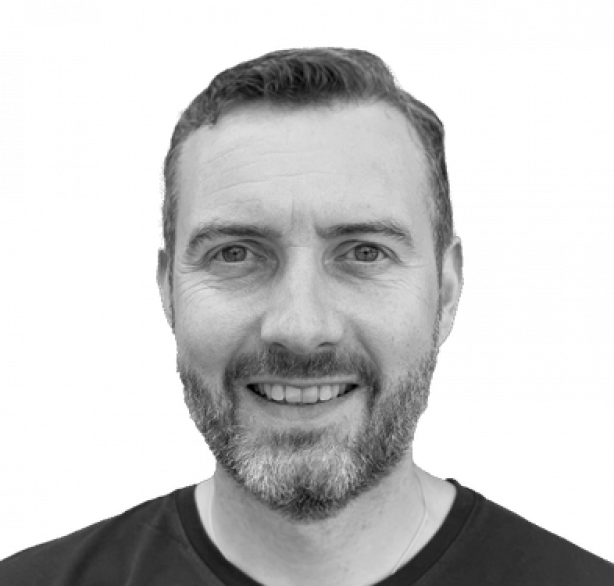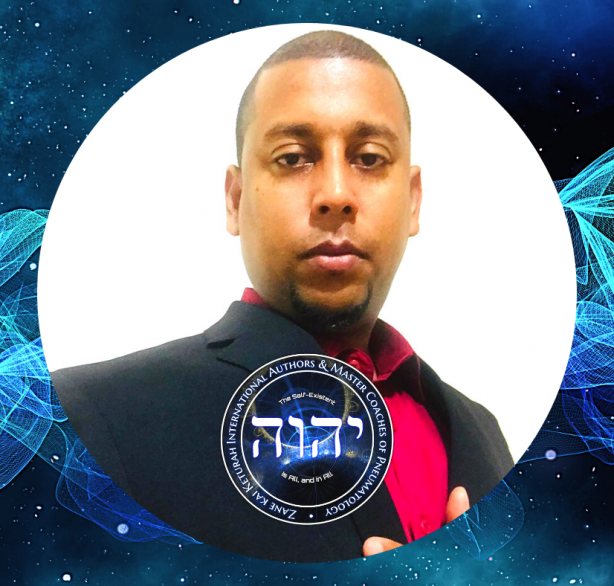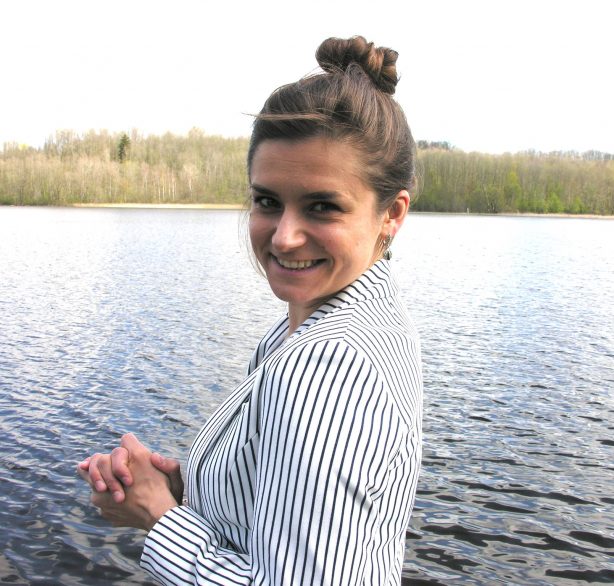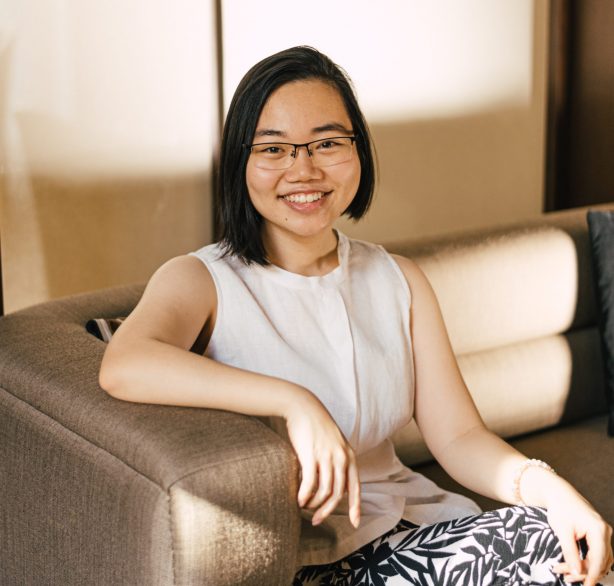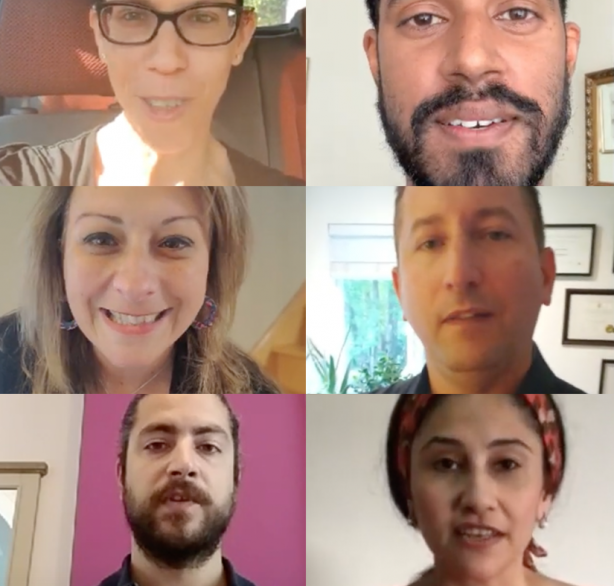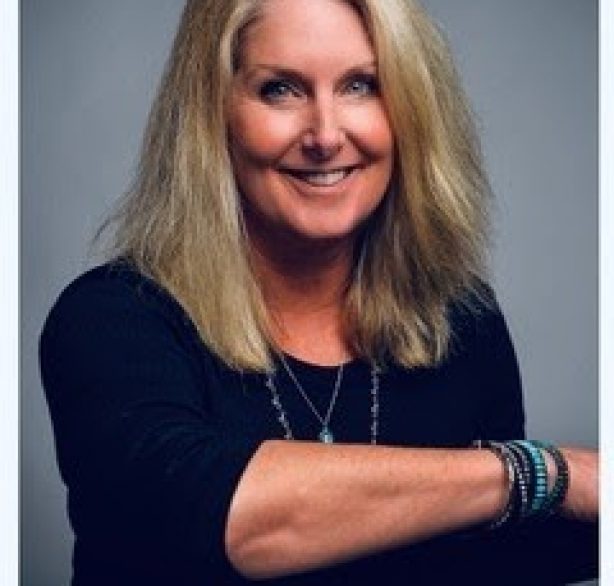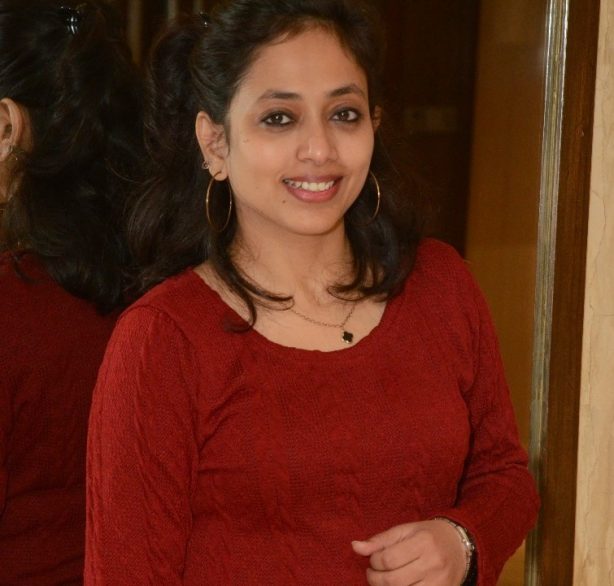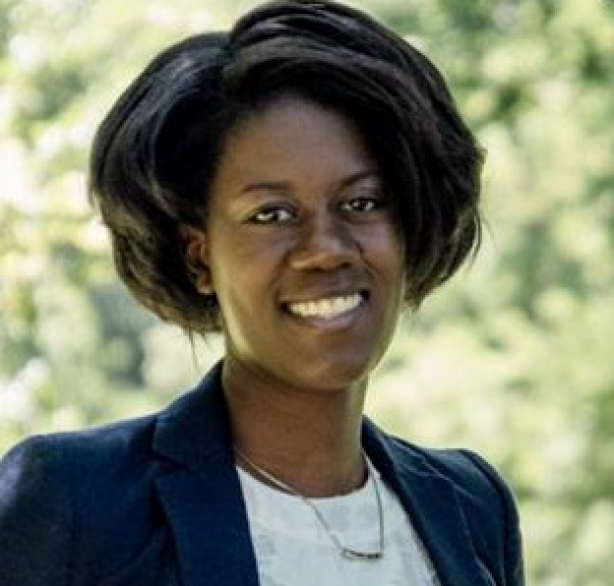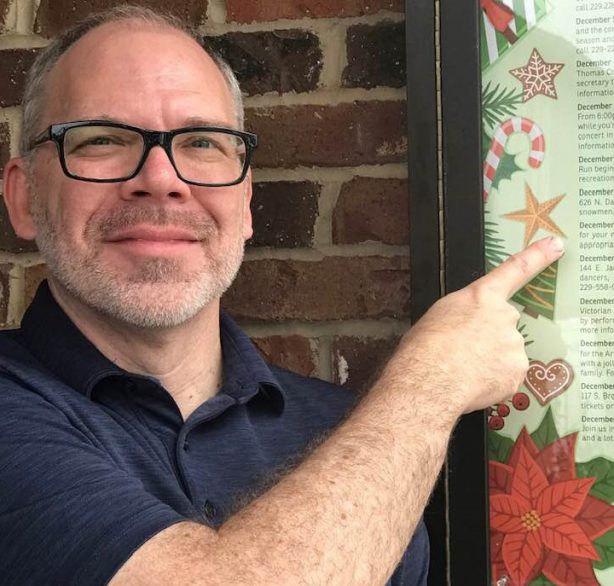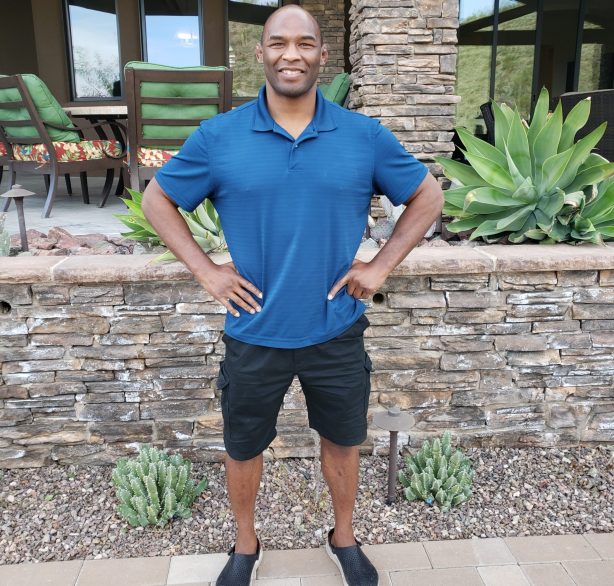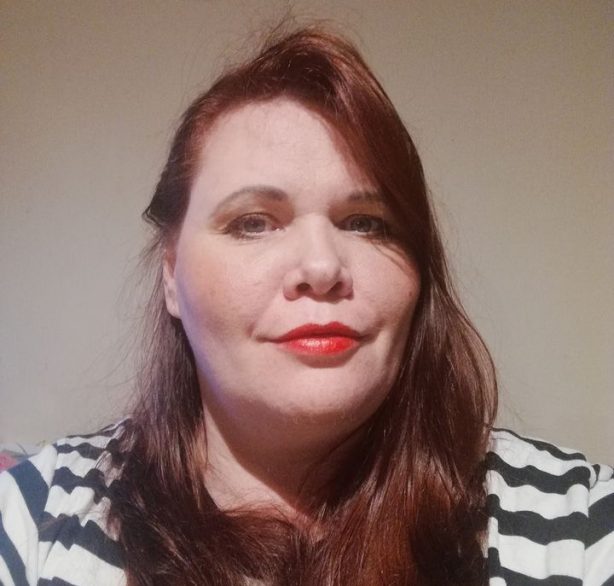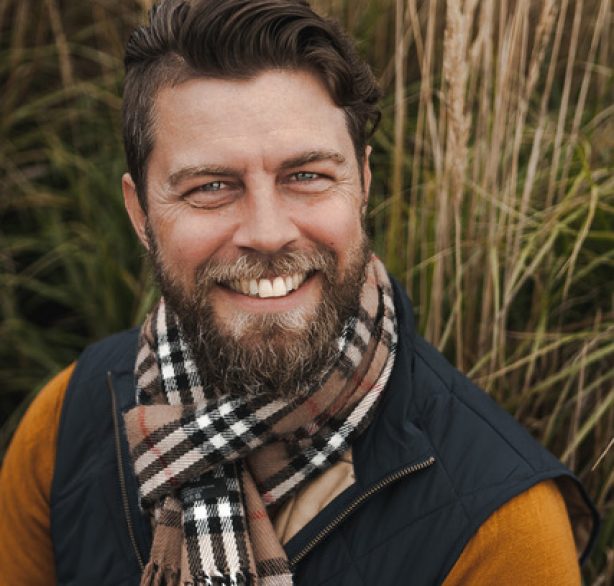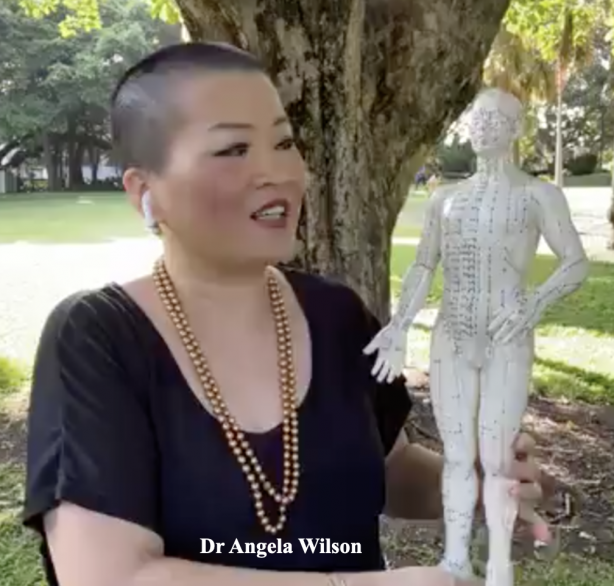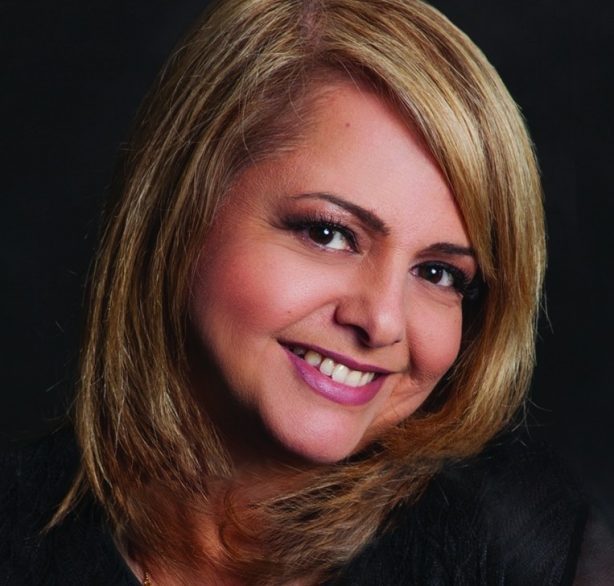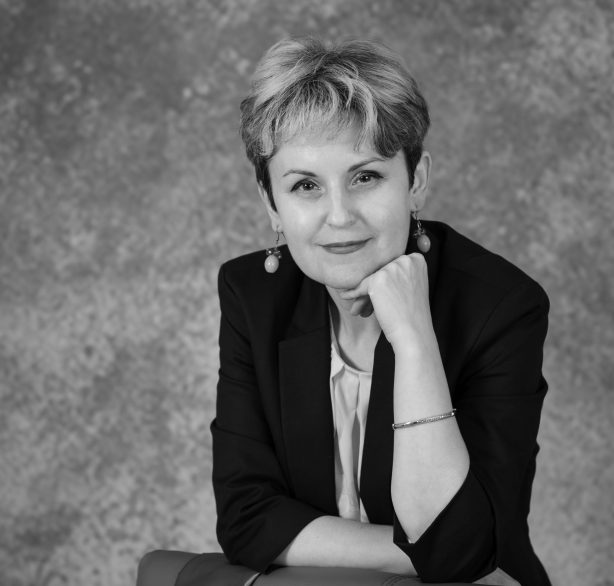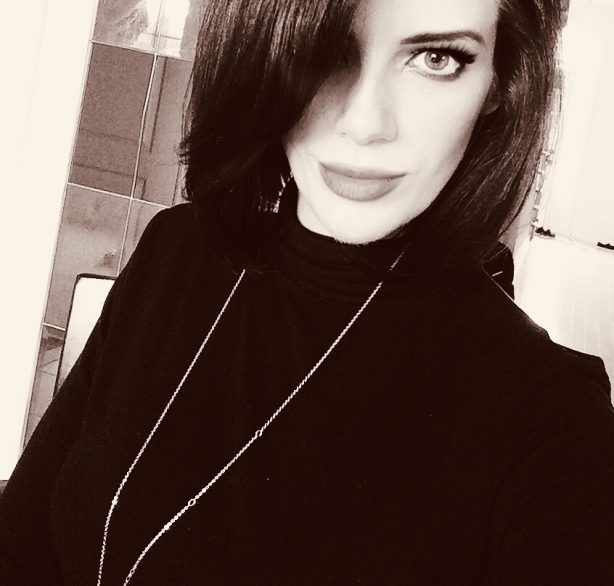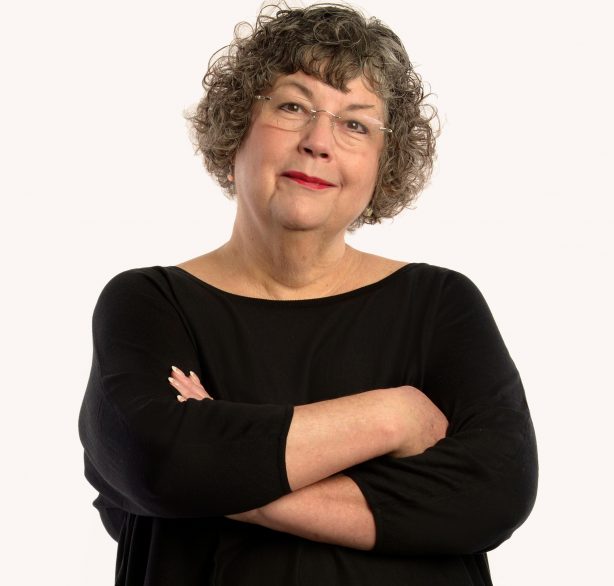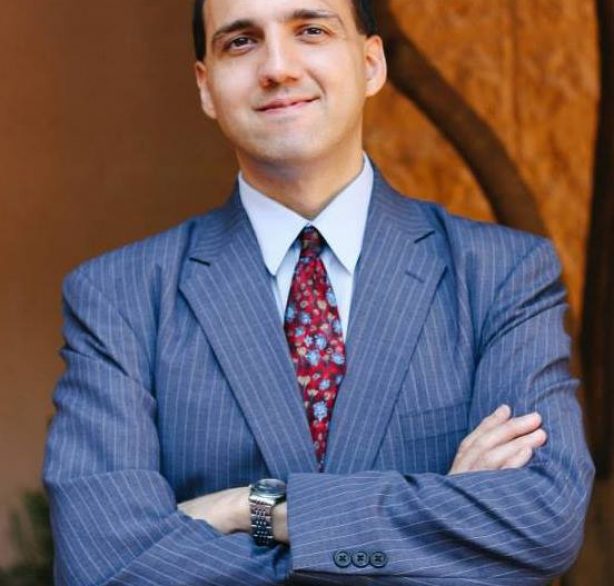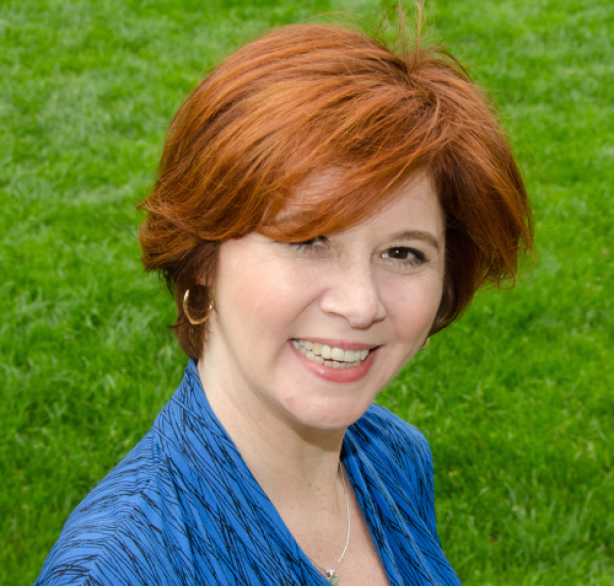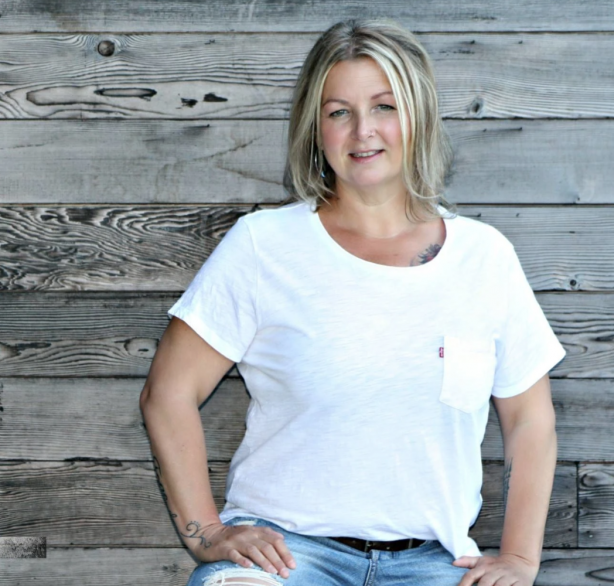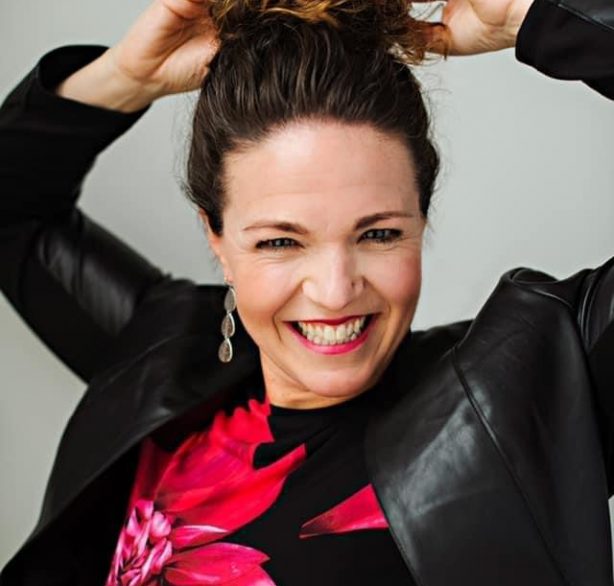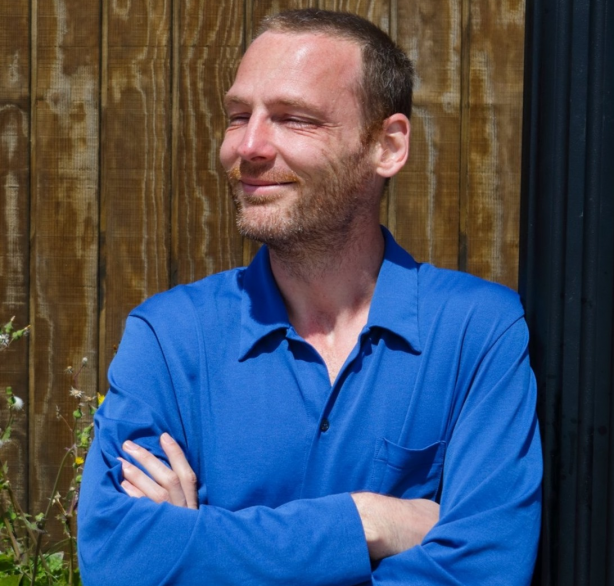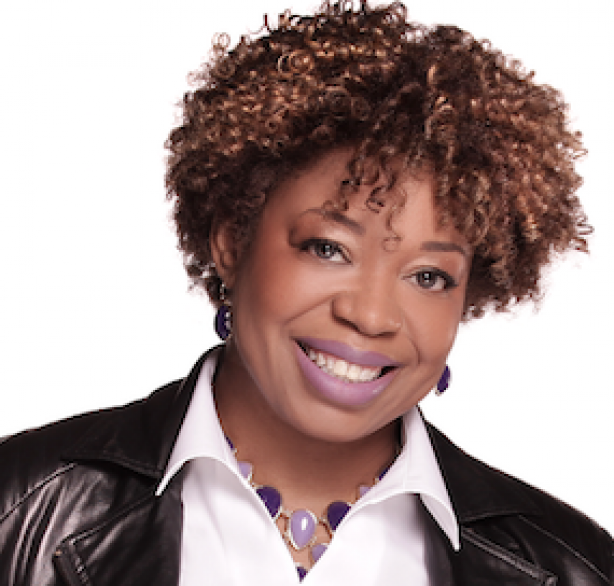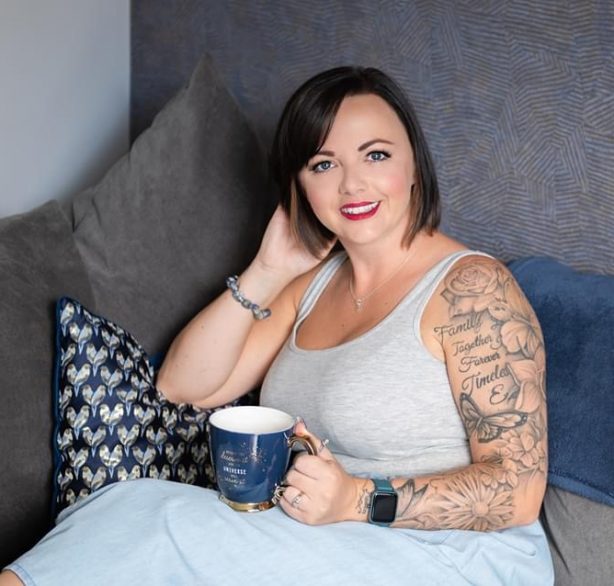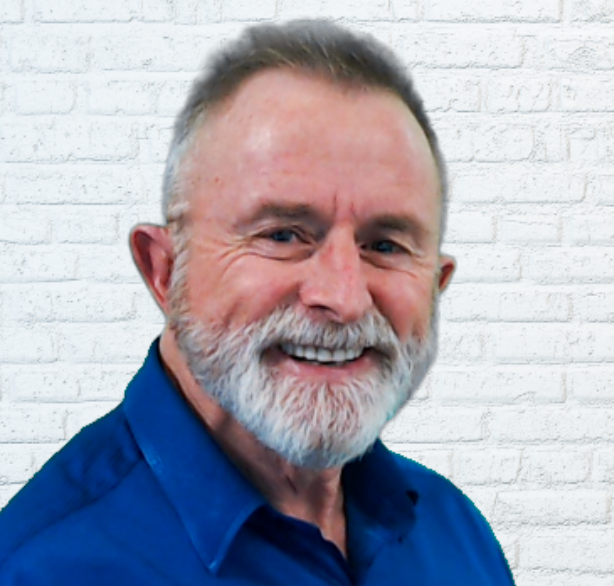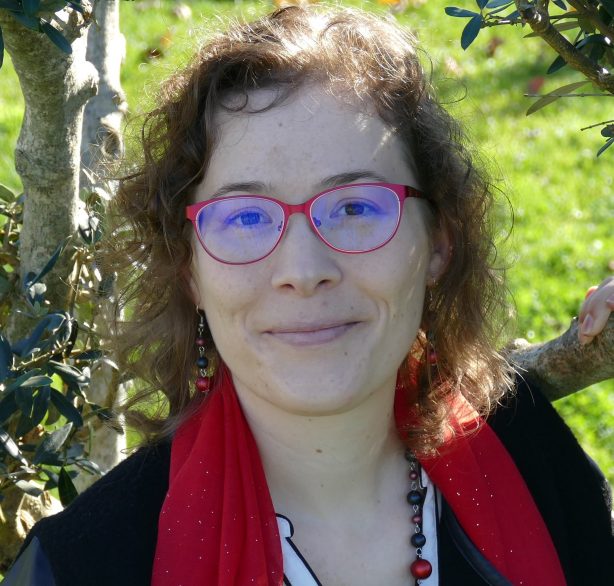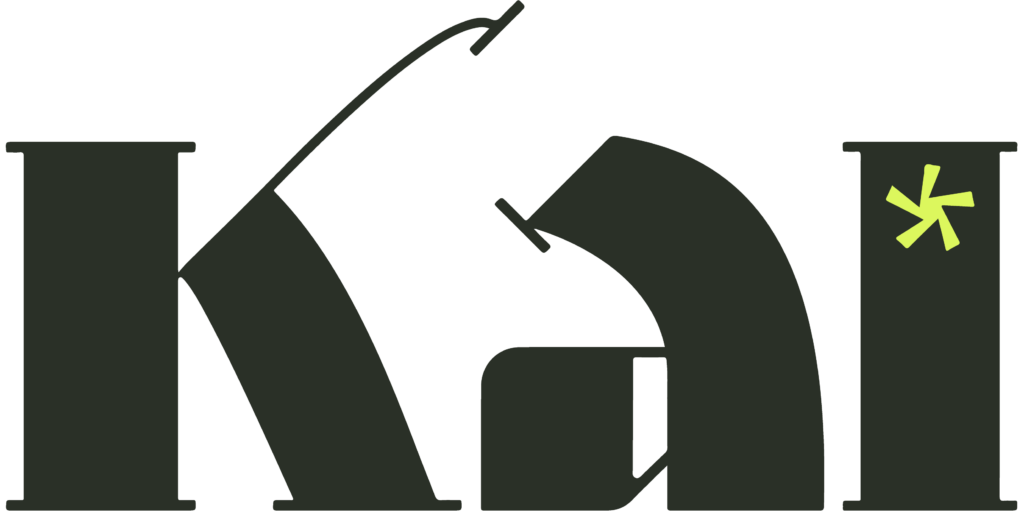Watch the full and inspiring interview with Liis
If you prefer reading, here is the transcribed interview
Ziv: Hey, I’m Ziv, and this is “On the Journey”. Every week “On the Journey” explores the intersections of wellness, spiritual inquiry, mental health, personal growth and purposeful living through the eyes of the people we interview.
Liis I’d love to hear about your journey.
Liis: Hello, at first, I’m really grateful that you invited me here to have this interview. I’m from Estonia and my passion is working with people. Where did it all start? I have been in the field of education and non-formal education over 10 years. Mainly I was in my past working with a risk group youngsters.
I studied master’s in human resource management and development. And that’s the point where I realized that wow coaching is something which is really fascinating for me, because it was the first time that when I got familiar with the concept that the actual person already has everything inside themselves, all the knowledge and skills, but sometimes we don’t know how to ask questions from ourselves.
So I think this is very shortly how I got familiar at first. I studied in Hungary and Netherlands later to improve my skills in practicing coaching. I felt that more and more
it's getting like really neat for people to reflect what is inside of them and to create some clearness. Share on XZiv: Ok. Interesting. Interesting. So you mentioned a few things, that you mentioned that it’s important to know to ask the questions, to ask yourself the questions, and then talked about reflection, which resonates well with us and questions. Can you elaborate about that? Why is it important to reflect and to ask questions?
Liis: We can experience a lot more in private life, in our work life, and in our daily life and if we just smoothly move through our life without looking back what our experience actually meant for us, we’re both analyzing it, we might lose the learnings.
I see my reflection is a good point for learning. Share on XZiv: Ok, so we stop and we reflect about an experience and what do we learn?
Liis: We stop. We look back. We analyze what happened, and maybe we also compare it with our previous behaviors and as a result, of course, the result is very different personally but the way to learn, I think, it’s part of our whole self-development.
And the way how you ask at first, like what is your journey? And they would say that your journey can be more fulfilling when you develop and the reflection, it’s used, this word is used in very different context and I would say that they also sometimes misuse it because just looking back or just analyzing what happened, it’s not a reflection. We should also make some implications from it. And the magic starts when we also take those implications in account when we are in the new experience, when we have a chance to act differently.
Ziv: Hmmm.
Ok, so we reflect and then we can pinpoint in places where we’re not happy with ourselves and then we try to see how we act differently when some situations occurring again.
Liis: Yeah, well, there are very many underlining things, what we could notice. Maybe it would be a good example.
How about being in the victim role, for example? I think everyone have in our life this one person who sees always a world in the dark tones. And maybe not just dark tones, but also expressing it that today it’s a bad weather I cannot go out, I cannot do this, I cannot do that and I forgot my bag into the university, what now? Next.
And always this victim soul consists of two different possible ways. One is that you blame all what is outside of yourself, the environment for this but you have a bad day, bad mood, other people better or whatever. And another part is a self-blame. I forgot this bag there, why I am such an idiot, it happens all right the second time and now my whole day is ruined. And what happens when you take responsibility?
You step out from the victim, so you will just throw away this self-blame or blaming others, and by taking responsibility all your life can be much more lighter. Share on XAnd that caused me to question, what about my norm? Is my norm in the spectrum of norms that exist in the world where there’s my norm for. Is my norm favorable or advantages norm? Is it on the lower side of the spectrum?
And it’s not always easy to feed misinformation because when a person feels bad there’s always reason for it, there can be different layers behind it, you know, but you don’t feel that the real reason is always this bag, maybe there was already some other things. What happened in the morning? You had the conflict with your husband or the children did something at home which was annoying or it can be whatever.
So I always say that it’s a magic to see a person with the problem, not the person as an object, but what the negative person, you know there’s always a reason for it.
Ziv: So I would love to do like a quick maybe roleplay, OK, because I can really relate to the part of I forgot something and it feels so stupid and the way I do it all the time. So how would you help me?
I would say I can’t believe it. I can’t find the keys again. So many times I’ve told myself to put them in the same place and I’m just so stupid and it’s so terrible. And this day is going to be so bad because I’m useless. OK, so that’s an example of something that a voice that might run and how would you help me?
Liis: Ok, do we have a paper?
Ziv: Yeah, of course.
Liis: Would you like to draw one circle?
Ziv: To draw a circle? I can try and do it. OK, so I’m going to draw a circle.
Done
Liis: Then, now inside the circle, draw one more circle.
Ziv: I can do it, my motor skills are not the best, but I can do it
Ok, done.
Liis: And then now inside the circle, one last circle.
Ziv: Yeah, another one?
Liis: Yes.
Ziv: Three circles, one in the other. I think I have it.
Liis: Make a circle you can write inside but this is environment, all what surrounds you.
Ziv: So to pick any circle and just write environment inside of it?
Liis: I meant that in the biggest one.
Ziv: The biggest, Ok, environment.
Ok. Done.
Liis: And in the smallest one, you can write me.
Ziv: I love me. OK, done.
Liis: So what do you think, what is in between you and the environment?
Ziv: Who?
My perception, the way I look at things, the way I perceive things and the cultural perceptions, maybe, and relationships I built with. And I guess in the environment to include family. Families are already included in it? And being in an environment, it’s the way I see it and the way I interact with it, I precede it.
Liis: Ok, so if you look at those circles, what do you think, what is under your control?
Ziv: The way I. Perceive and act.
Liis: And the what is not under your control?
Ziv: The environment, the two circles are in my control and the big circle. The environment is not in my control.
Liis: And in between, we see what we control and what we don’t control can be things what we can influence.
Ziv: Hopefully influence, if they are.
Liis: Partly you can maybe a bit influence, so if you take this example that you forgot those keys, and you said I’m such an idiot again those keys, what do you feel in this situation?
Where is it in this circle?
Ziv: Ok, so the place that the keys are right now, they might be environment because maybe they’re in a place that they really don’t know and they have no control and where they are right now.
They can’t control of how I feel and decide that.
Maybe it happens to everyone, maybe everyone has his strengths and weaknesses, and it’s OK that I’m the one, that my weakness is to forget things, I can maybe accept it.
I can maybe look at it as an opportunity for growth to handle my negative emotions, to change the way I think about myself. And maybe to develop a better habit to put the keys at place next time. Better methods, better methods to handle keys.
Liis: So if you would now step to room and find your keys. So what would you do differently next time?
Ziv: I think I would put, I would need to create a method how I use my keys and know that the current method doesn’t work because it doesn’t work. And next time I would stop and say, OK, it’s an opportunity, because now I can work on how I feel about it, how I react internally about it.
And if it happened again, it means that the new method doesn’t work as well, so maybe giving them better one.
Or maybe to accept that that’s who I am, I’m the one who loses this keys all the time, and that’s why I’m.
Liis it was very powerful exercise. I’m going to steal it from you and use it each time I lose a key.
Liis: Feel free.
Ziv: Thank you. Thank you. So our interview is getting two tweets and I want, first of all, personally, to thank you for this great exercise that the key lost here, that an exercise. And it’s really, it’s great to see physically, like for a moment to see me in the environment and separate things.
And so thank you for your time, experience, knowledge. Thank you very much.
Liis: Thank you for inviting me.
Who are you?
Liis has more than 10 years of experience working in the field of education and youth work. She has a Master degree in Human Resource Management and Development, and has improved her skills in coaching in Hungary and the Netherlands.
Working with people is her lifelong passion. She believes that a change (you can also call it a magic) happens after one takes responsibility over its life and gives up its victim role. Also, she is convinced that we always have something to learn from each other and that practice is the mother of learning. Find out more about her background her
DISCOVER MORE ABOUT WASEEM ON HER WEBSITE
